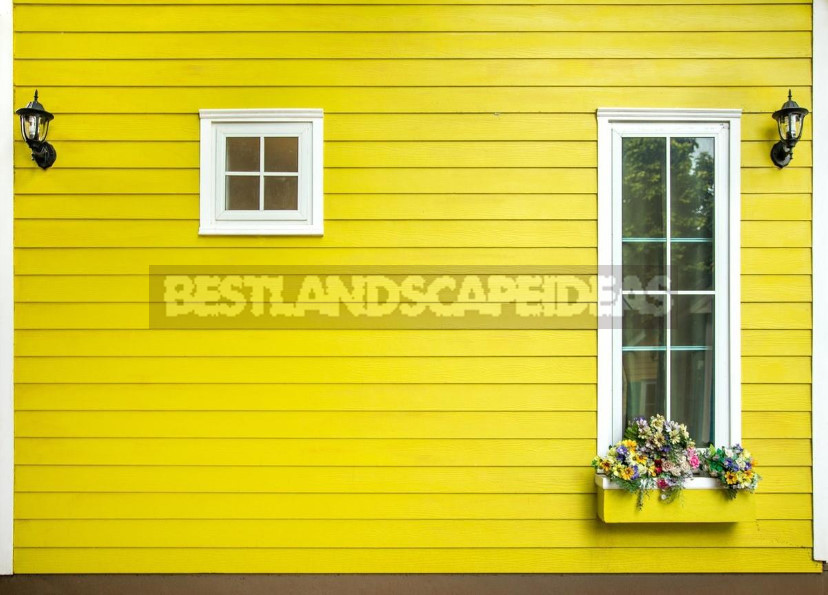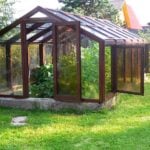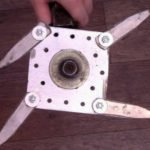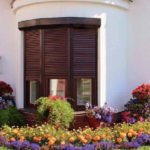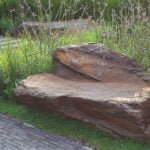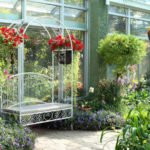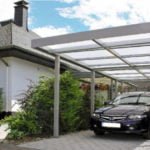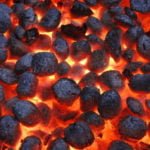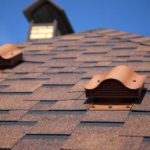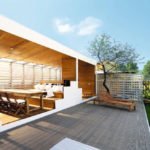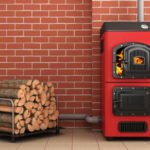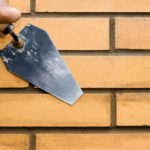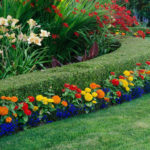Facing the facade-the final touch, “clothes” of the house or, rather, his “face”, because it is from this word came the name itself. But although this stage of work is called finishing, it, in addition to the decorative function, has a quite utilitarian purpose.
This protection of the wall structure from adverse atmospheric effects-rain, snow, ultraviolet, wind. The lining must be resistant to external mechanical damage, for example, to withstand the impact of the ball neighbor boy or a collision with a garden wheelbarrow of the owner of the house.
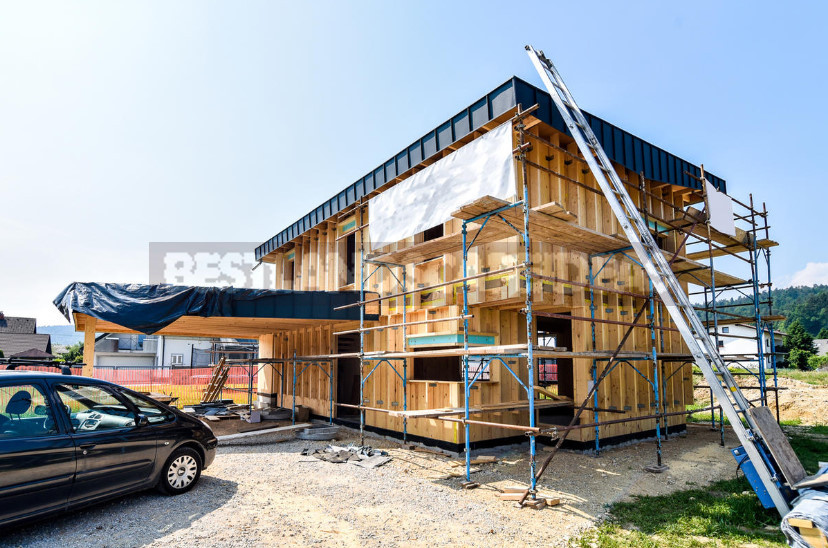
The modern market offers a huge number of options. Each manufacturer praises its products: the proposed materials and beautiful, and easy to install, and do not require regular updating. And also environmentally friendly, energy-saving, durable. And the main trump of any material for finishing, according to those who produce and sell them, is cheapness.
I’ll try to make it a little easier. First, I will tell you about the main methods of finishing the facade, and then offer original options that will help to optimize your costs.
The main methods of facade finishing
Some construction technologies involve the use of such structural wall materials that do not require subsequent decoration of the facade. They themselves can be not only carriers, but at the same time perfectly resist bad weather. Such materials have sufficient thermal insulation properties and are beautiful without additional decoration.
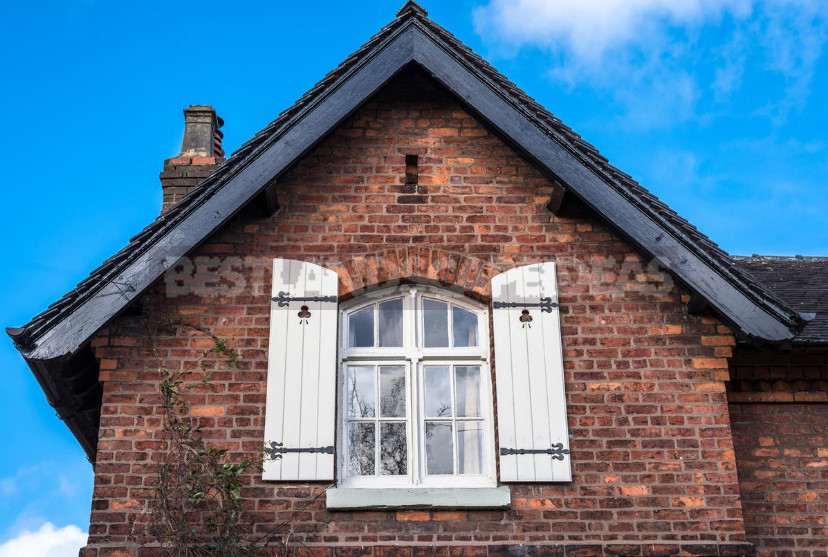
Modern methods of construction often require finishing from the outside of the walls. Technology device facades can be divided into three types.
Facing
This group includes: clinker, natural and artificial stone, face brick, surfaced materials. In General, the principle is the same: facing materials are glued to the base in different ways and after drying the glue are one with it.
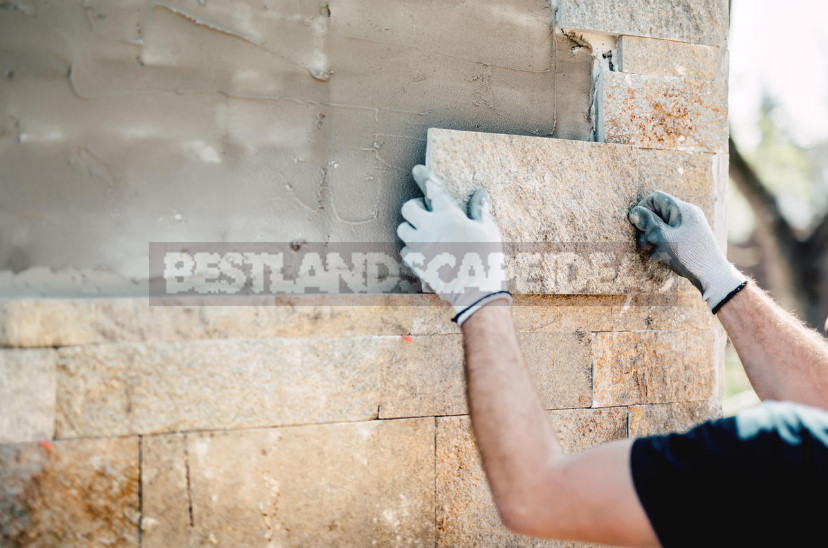
Ventilated facade
Another name for the curtain wall. This type of finish is a panel of different sizes and shapes, fixed with some clearance from the wall surface. This gap, as the name implies, is necessary for ventilation of underlying structures.
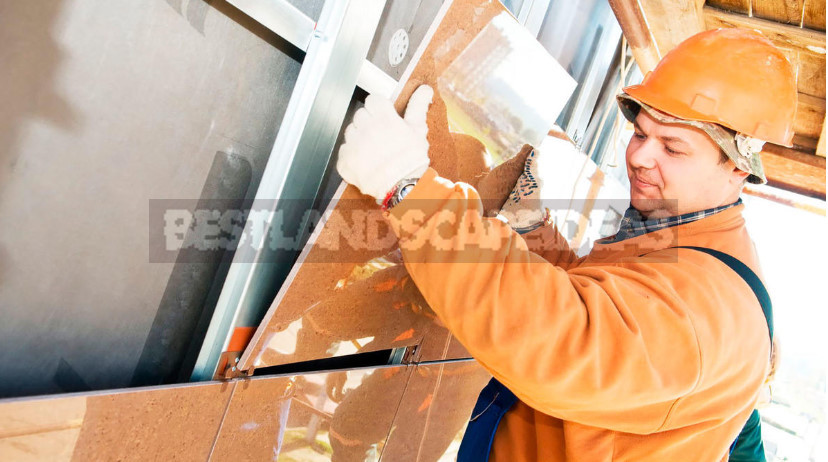
Usually under the decorative surface of the ventilated facade is supposed to use a layer of insulation, as well as various building membranes. Ventilated facades include various siding, facade cassettes, tiles, mounted with special fasteners, and more.
Wet facade
This is a different facade of plaster. Plastering is carried out directly on the basis or using additional insulation. In the process, apply the solutions, but unlike veneer where the mortar plays the role of adhesive plaster after drying itself becomes a protection from mechanical damage and moisture. To this group carry also colouring as the last stage of plaster works.
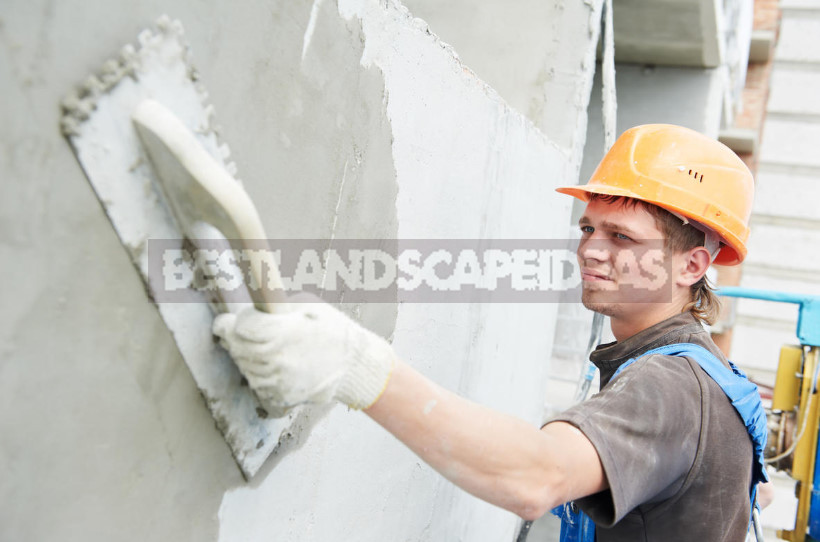
Original and cheap methods of facade finishing
If you want your house to be different from the neighbor’s and do not plan to go bankrupt, do not necessarily chase the best and most expensive materials for decoration. Please note that it is not usually regarded as a facade material.
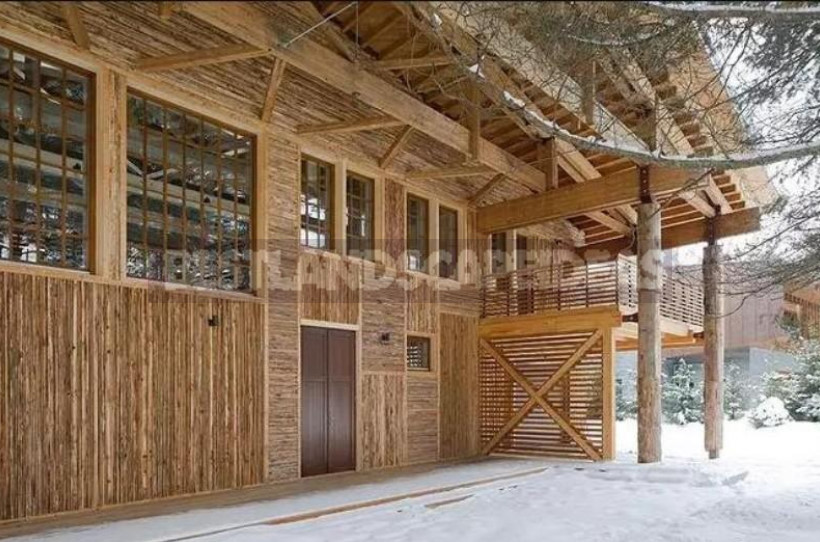
After all, the main thing is that the outer coating is a reliable protection of wall structures, and not only specialized materials can cope with this task. And, perhaps, you should start with one of the traditional ways of finishing facades.
1. Facade plaster
Plaster works, as well as modern materials for plaster external works, are expensive. But if you know how to handle the trowel, spatula and the rule and are ready to do all the work on their own, the usual cement-sand mixture is not inferior to expensive solutions or the effectiveness of protection or decorative qualities.
For classical facade finishing of many other textures it is not necessary to buy expensive branded putties. And armed with the tape, a stencil and a stamp, you can do the simulation and brick masonry, and natural stone facade cladding, and even the embossed pattern.
2. Cement particle Board
This sheet material is widely used as a General construction — for the device of floors, roughing the walls and the like. But in its composition and technical characteristics, it is similar to fiber cement siding, only more modest in appearance. Although houses of modern architecture such modesty is not a hindrance.
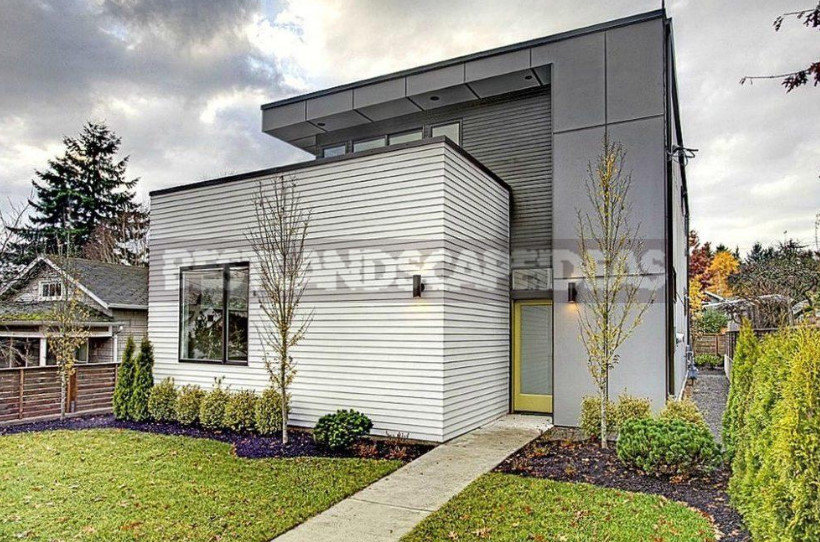
Plates from fibrocement are, in fact,” dry ” plaster, same as all known drywall, only on the basis of cement binder. Therefore, the material is resistant to adverse weather conditions and is quite suitable for outdoor work, especially after applying an additional moisture-insulating coating, for example, painting or impregnation with drying oil.
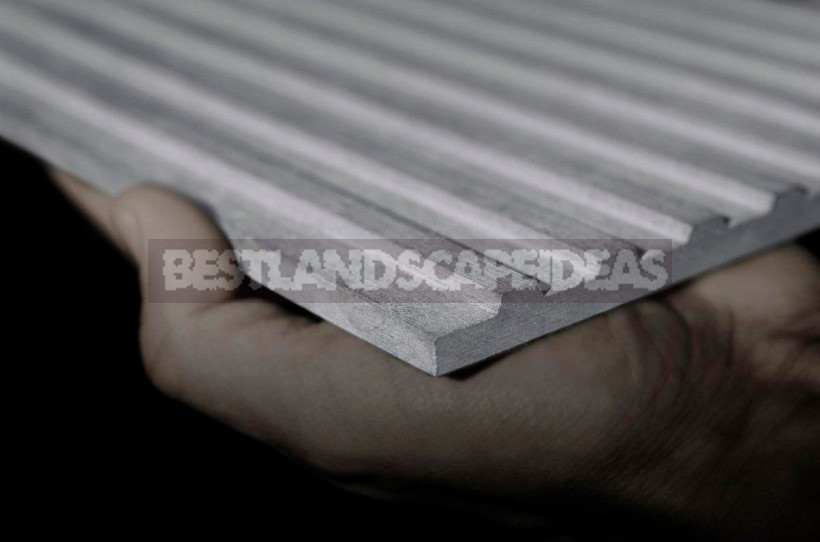
Such plates can be glued to the base or used as a filling of the ventilation facade. Cement particle Board is quite easy to process-cut, drilled, milled. You can cut a tile of any size from it, make an ornament in the technique of a contour drawing cut on the plane or create a real work of art. And if the natural cement color seems to you too boring, these plates are easily painted with paints for the facade in any color.
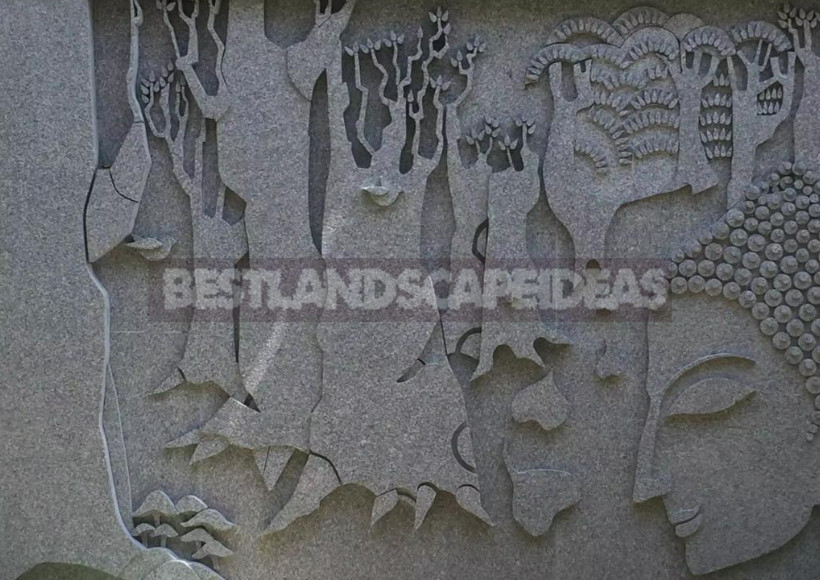
Cement particle Board is suitable not only for fans of modern architecture, but also for lovers of classic solutions. Sheathe them your frame house, paint the facade paint, and close the seams with decorative wooden layouts – and no one will guess that this is not a real half-timbered.
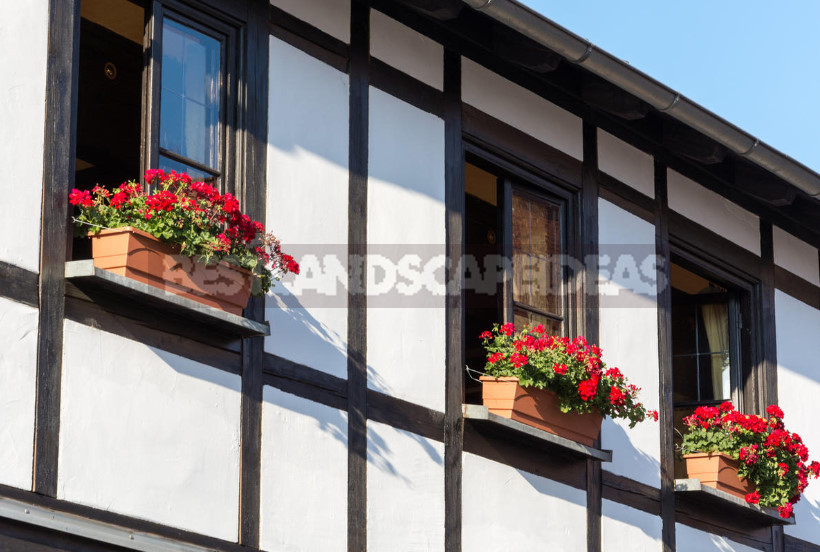
3. Wane, slabs and other waste from the sawmill
The use of natural wood for facade decoration is not cheap. However, there are ways and beautiful natural material to use, and get an unusual appearance of the house, and most importantly — with little cost.
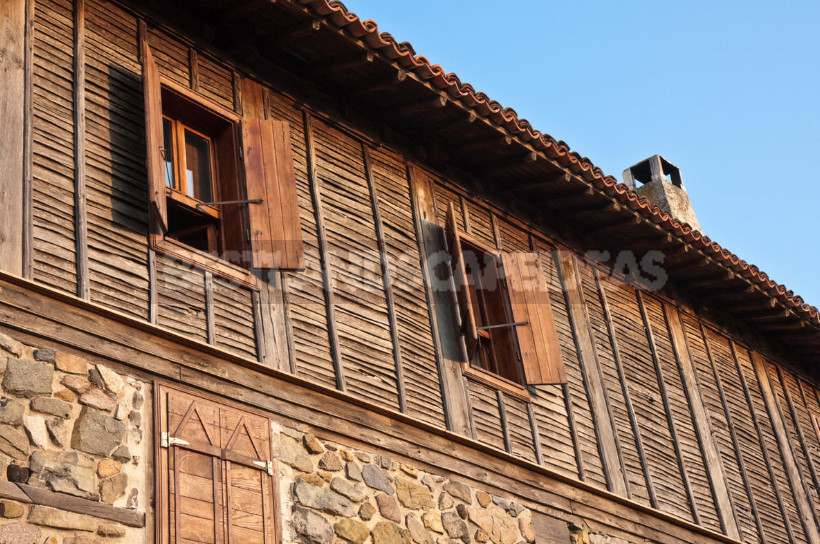
For the original decoration of the facade suitable edging Board (wane), Croaker and other substandard, and therefore inexpensive materials produced by the sawmill.
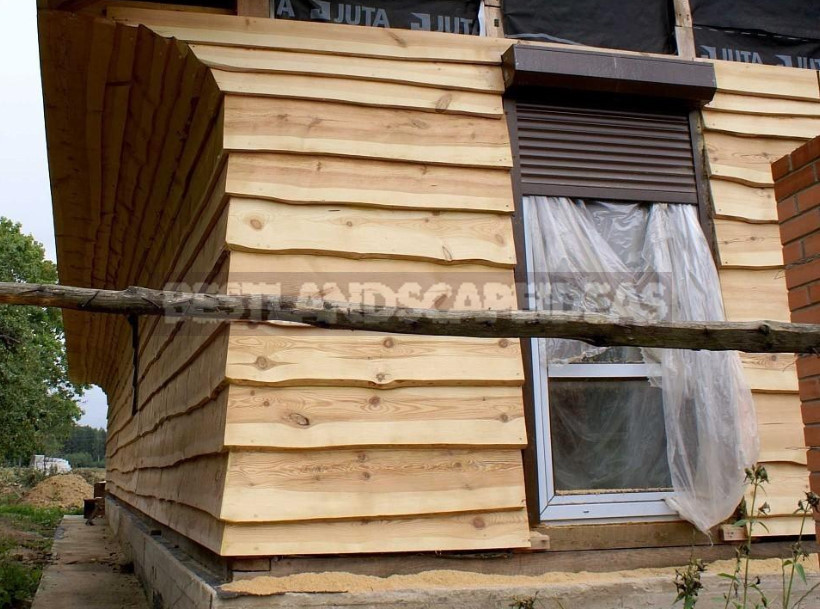
Another way to optimize the cost of the device wood cladding-attach the Board or rail is not completely, and even with overlap, as traditionally, and in between. But then it is necessary to pre-achieve the protection of the wall from moisture penetration, because in this version of the finish wooden slats will carry only a decorative function. This decor goes well with the smooth gray panels from cement-bonded particle boards.
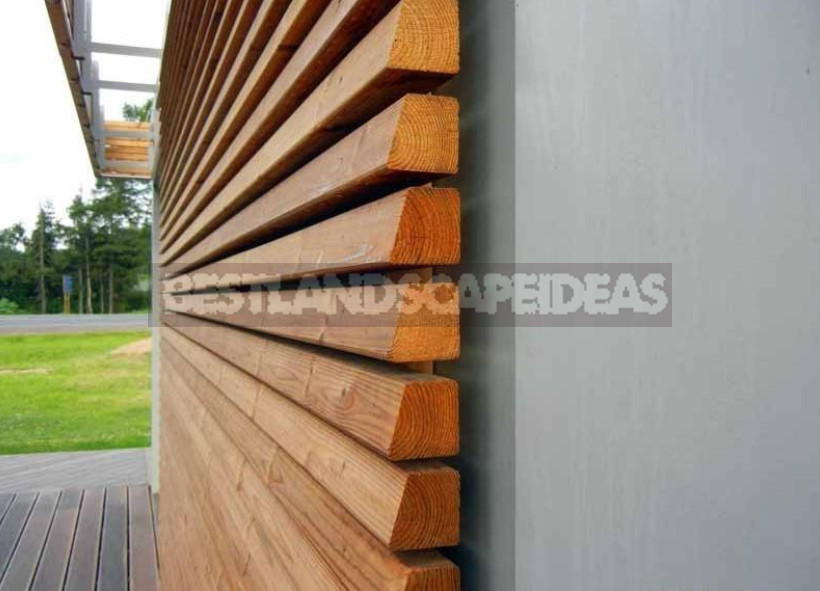
By the way, such wooden bars can cover not only the blank part of the wall, but also the outdoor terrace and even glazing, playing the role of blinds.
4. Natural stone
Natural stone is expensive. But not all and not always. As in the case of sawmills, companies that sell stone for finishing, there is substandard and waste. Will cost they are inexpensive and sometimes completely free if you arrange for their removal. And then the main thing-with the invention of the waste to apply.
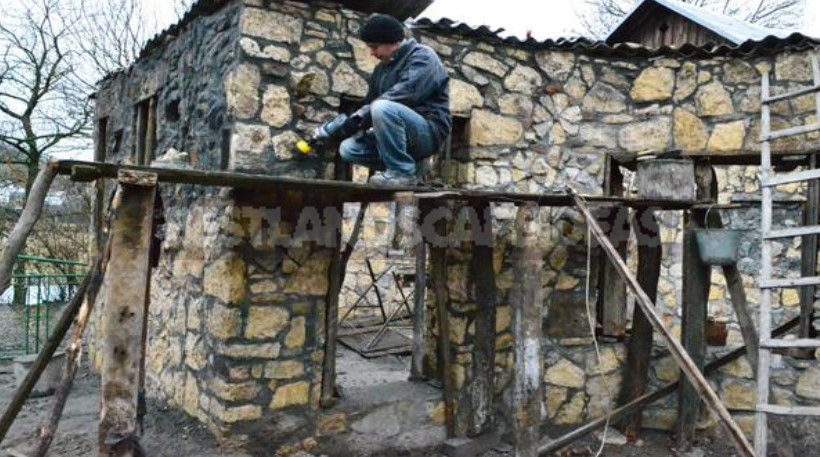
Natural (wild) unmounted stone type limestone and Sandstone can be cheaper than a synthetic imitations of painted concrete. And in some areas, such material can be found on their own in the vicinity of the country.
5. Metal
The corrugated sheet can be replaced with metal siding. It will be at least twice cheaper, and if we take into account the cost of the necessary accessories for the installation of siding, the difference in price will be greater.
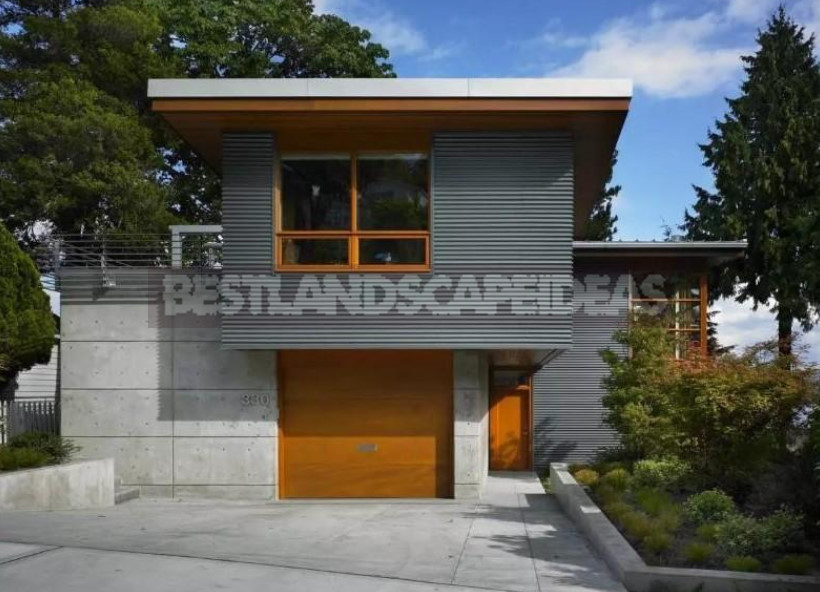
Another fashionable metal option for facades — Corten steel. It is alloy steel for shipbuilding and construction, resistant to aggressive environmental impact, because it is rusty. Special additives create an oxide film on the surface that prevents further destruction. As with all fashion, the front panel of Corten steel are expensive.
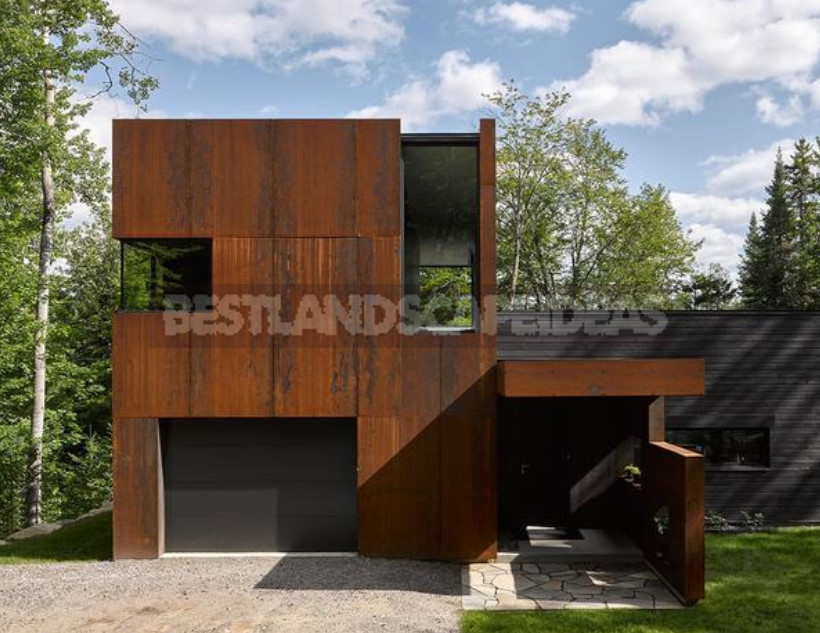
But steel grades A606 and A588 (Corten steel) are just steel, widely used in construction and other fields. So if you want an ultra-stylish design of the facade, do not look for “designer” steel, and look at the metal base. And also where they take scrap metal-there you can find very interesting rusty pieces of iron.
6. Mosaic
For the architecture of the modern era mosaic-one of the most common methods of finishing facades. Why not use it today, including for the decoration of facades of buildings not only in the art Nouveau style.
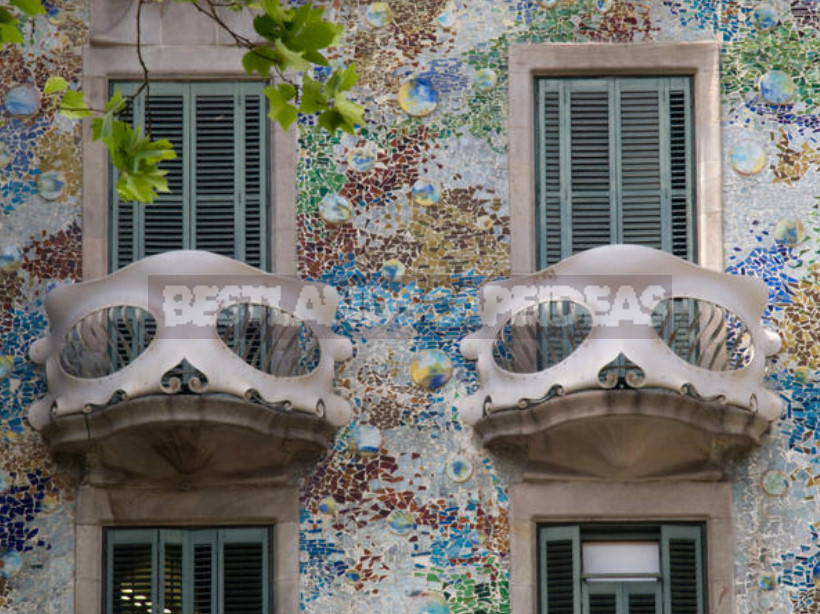
For mosaic panels do not have to buy expensive materials. Broken tiles, pebbles, stone fragments, glass and porcelain — all can be used to create a masterpiece. Do not forget that a set of mosaic pattern — it is painstaking. To finish your home is not delayed in the same way as the creation of the brightest architect of art Nouveau Antonio Gaudi, create to decorate the exterior walls only separate panels in the mosaic technique.
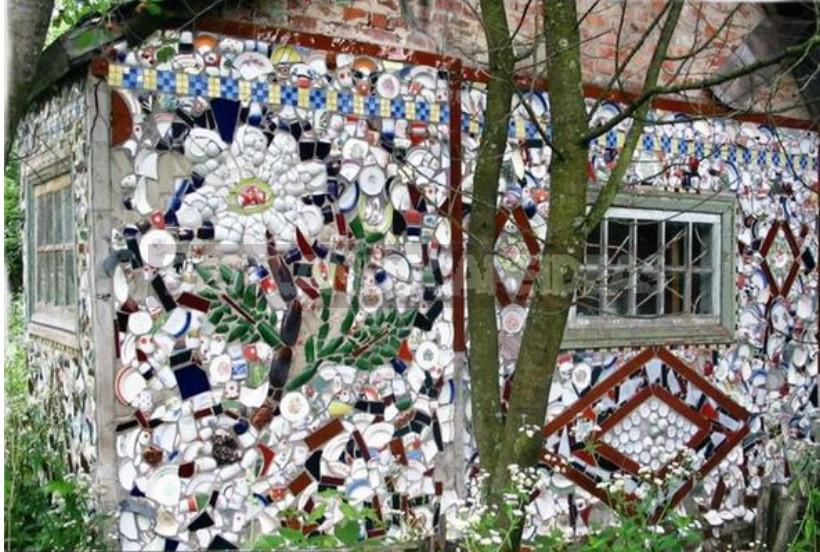
These were not quite common ways of finishing facades.
